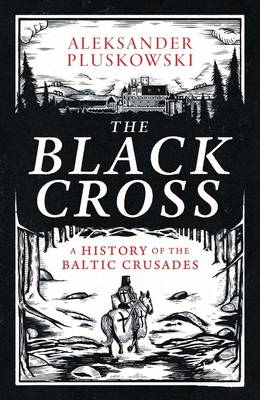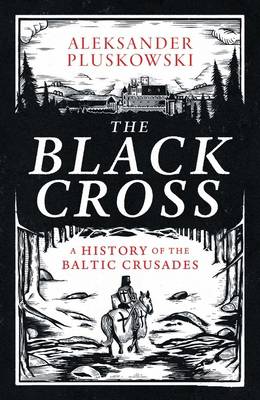
- Retrait gratuit dans votre magasin Club
- 7.000.000 titres dans notre catalogue
- Payer en toute sécurité
- Toujours un magasin près de chez vous
- Retrait gratuit dans votre magasin Club
- 7.000.0000 titres dans notre catalogue
- Payer en toute sécurité
- Toujours un magasin près de chez vous
33,95 €
+ 67 points
Description
A wide-ranging new history of the Baltic Crusades and their legacy Between the twelfth and fifteenth centuries, crusading armies unleashed a relentless holy war against the last pagan societies in northern Europe, particularly in the Baltic Sea region. Led by Catholic rulers, churchmen, and, most importantly of all, the warrior monks of the Teutonic Order, they sought to expand Christendom through conquest and conversion. In the process they forged a new world with a profound legacy that resonates into the present. Aleksander Pluskowski traces the broader story of the Baltic Crusades. Pluskowski explores how the construction of castles and towns, and the introduction of new languages, technology, monetary economies, and religion transformed the conquered societies. Moving through the years, we see how the history of the crusades was reinvented in the twentieth century to serve nationalist aims, including those of the Third Reich. This is a fascinating study that provides a fresh look at the impact of centuries of religious warfare across northern Europe.
Spécifications
Parties prenantes
- Auteur(s) :
- Editeur:
Contenu
- Nombre de pages :
- 480
- Langue:
- Anglais
Caractéristiques
- EAN:
- 9780300279061
- Date de parution :
- 27-01-26
- Format:
- Livre relié
- Format numérique:
- Genaaid
- Dimensions :
- 152 mm x 235 mm

Les avis
Nous publions uniquement les avis qui respectent les conditions requises. Consultez nos conditions pour les avis.






